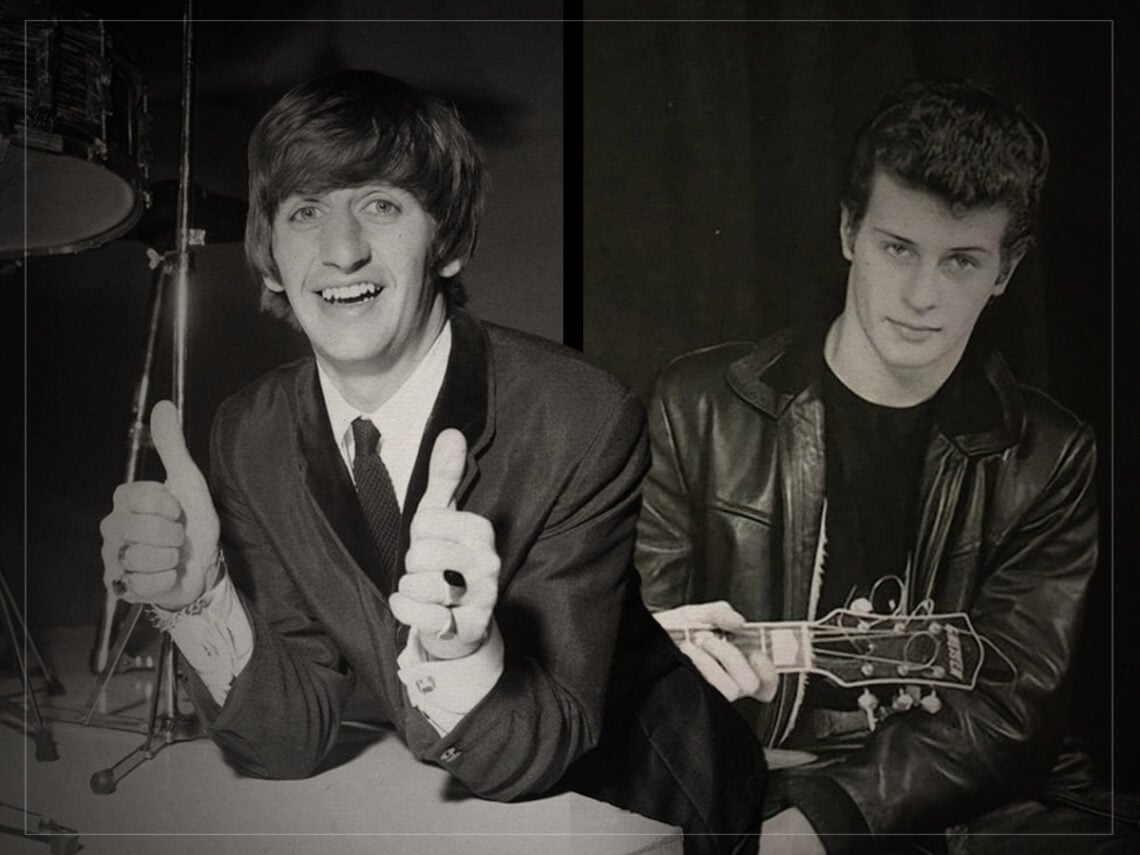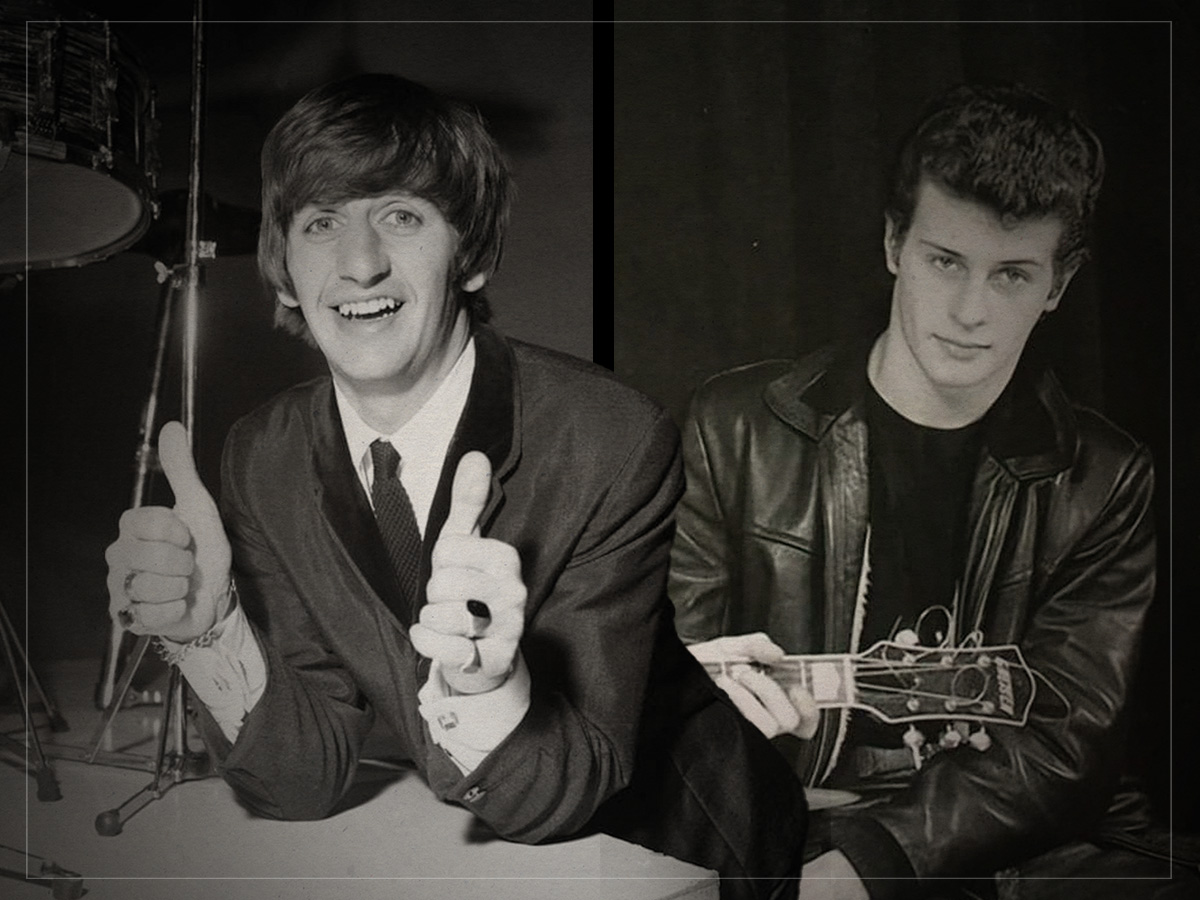
(Credits: Far Out / Alamy / Liverpool Beatles Museum)
Wed 5 November 2025 21:20, UK
Spare a thought for Pete Best, who, while his former bandmates were splashed across every newspaper stand, television set, and silver screen across the world, had to be content with loading bread delivery vans back in Liverpool.
According to Ringo Starr, however, the unceremonious sacking of The Beatles’ original drummer was always an inevitability.
Before The Ed Sullivan Show, before Beatlemania, and before Please Please Me, it was in the gloomy surroundings of Hamburg that The Beatles honed their craft. During those early days, playing for local gangsters and weathered sailors, the Fab Four were virtually unrecognisable from the cultural icons they soon became. Namely, there were more than four of them. In addition to John Lennon, Paul McCartney, and George Harrison, there was Stuart Sutcliffe on bass and Pete Best on drums – the far-too-often forgotten Beatles.
While Sutcliffe left of his own accord, leaving McCartney to move into the bass position as he was destined to do, the tale of Pete Best is far more tragic. The story goes that, upon signing to EMI in 1962, producer George Martin decided that if The Beatles were to work, they needed a better drummer – somebody more technically skilled, with a better grasp on timekeeping. So, rather than alerting their comrade to that choice, the band chose instead to get Brian Epstein to sack Pete Best, without even facing him.
Ringo Starr was, of course, drafted in as the replacement, and it was with his unique drumming talents that The Beatles rose from their humble origins to become the biggest band on the face of the planet, dominating the rest of the 1960s with an all-encompassing intensity which has yet to be matched.
Still, the issue of Pete Best seemed to be the cause of some embarrassment and shame for the band members in the years and decades after his harsh dismissal, which wasn’t helped by Best’s suicide attempt at the height of Beatlemania.
For Starr, stepping into another drummer’s shoes was by no means an easy task, but it didn’t take long for him to put his own percussive mark on their sound. Even before he joined the ranks, though, he had long since been impressed by their output. “They were playing better stuff,” he told Modern Drummer in 1981. “They were doing very few of their own songs then, but they were doing really great old tracks—Shirelles tracks and Chuck Berry tracks, but they did it so well. They had a good style.”
“I don’t know,” he continued, “There was a whole feel about Paul, George, and John.”
Seemingly, though, that enigmatic feeling didn’t extend to the back of the stage, where Pete Best sat behind his drum kit. “And Pete, it’s no offence, but I never felt he was a great drummer,” Starr declared, siding with George Martin and EMI. “He had sort of one style, which was very good for them in those years, I suppose, but I think they felt that they wanted to move out of it more.”
Although Martin initially wanted to hire session drummer Andy White as Best’s replacement, and he did appear on the band’s third studio session for EMI, Starr’s position in the band was quickly cemented. Even if the drummer has had to field years of misguided criticism over his drumming talents, The Beatles simply wouldn’t have sounded the same without him.
Related Topics
The Far Out Beatles Newsletter
All the latest stories about The Beatles from the independent voice of culture.
Straight to your inbox.

